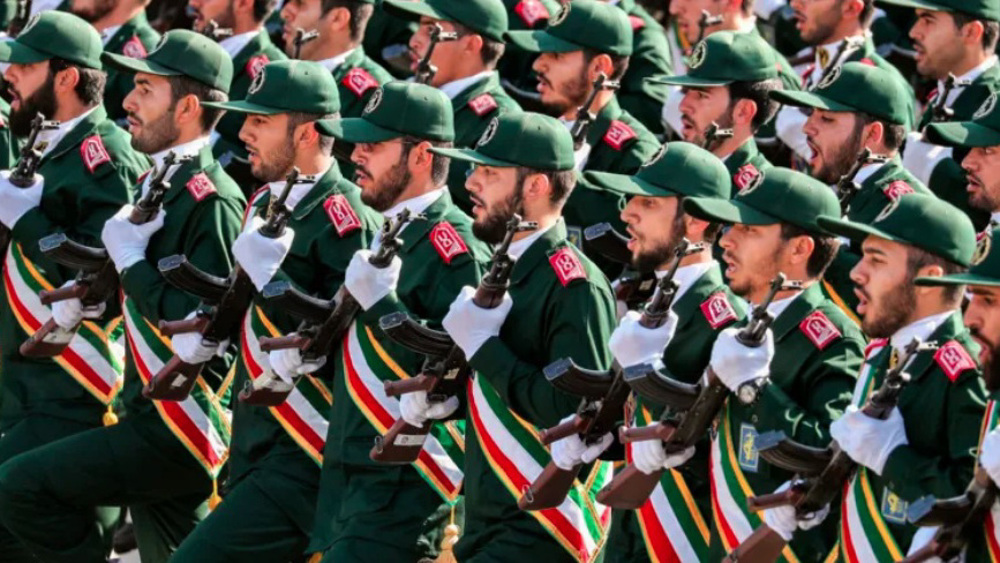'Venezuela opposition plebiscite won't change status quo'
Venezuela’s opposition says more than seven million people have voted in an unofficial referendum that was held to increase pressure on the government of embattled President Nicolas Maduro. Opposition leaders have hailed the results of the symbolic vote held against Maduro’s plan to rewrite the constitution. However, the president has blamed the opposition for the ongoing violence in the country and dismissed Sunday’s vote as unconstitutional. His government is planning to hold a vote on July 30 to create a legislative assembly that would have the power to rewrite the constitution and dissolve state institutions. Following is a synopsis of Press TV’s interview with Javier Farje, an expert of Latin America affairs, and Jason Unruhe, a political commentator, on this subject.
Jason Unruhe maintains that although the referendum further revealed the existing gaps in Venezuela's divided society, it cannot be the origin of any change due to its failure to absorb the majority of the people.
“I think it does definitely fall short of expectations,” Unruhe said.
Maduro has always put an emphasis on the democratic legitimacy of his government, he said, and by failing to win the majority in the referendum, the opposition only approved the government’s narrative.
“In a full participatory democracy, you would think that the numbers would be much higher. But this does certainly indicate that Venezuela is deeply divided politically. Although not everyone agrees that the government should be dissolved, many people have their own views of how things should be. But in the end, it does fall short,” Unruhe analyzed.
Venezuela has recently been the scene of protests, which initially broke out after the Supreme Court stripped the opposition-controlled parliament of its powers in April. The move unleashed long-simmering anger and sparked the fiercest protests against Maduro in three years.
While that decision was later revoked, protests have only continued.

Meanwhile, the other contributor to the program, Javier Farje, questioned the credibility of the opposition’s referendum, and explained that according to Venezuela’s constitution, any election or referendum should be held by the national electoral committee in order to be valid and binding.
“Nothing is going to happen. Nothing is going to change in Venezuela as a result of this [referendum],” Farje said. “But many people would believe that because of this plebiscite or whatever you want to call it, things are going to change in Venezuela. They have been deceived by the opposition that know very well that this is a futile exercise in democracy, because democracy has to be organized based on the constitution and the participation of national electoral committee which is supposed to be in charge of these events,” he added.
Maduro is also blamed by his opponents for Venezuela’s economic woes. People have been facing acute food and medicine shortages in recent months.
The Venezuelan president, however, argues that foreign powers are seeking to wage an economic war against his government.
VIDEO | Press TV's news headlines
VIDEO | Muslims across India begin holy month of Ramadan
Hamas condemns Trump's 'Board of Peace' meeting
Iran and Saudi FMs discuss outcomes of latest indirect Iran-US talks
VIDEO | Maritime anti-terrorism drill
Ex-prince Andrew released after arrest in connection with Epstein files
Iran elected vice-chair of UN Special Committee on Charter
Iran envoy says decision made to exchange ambassadors with Egypt









 This makes it easy to access the Press TV website
This makes it easy to access the Press TV website